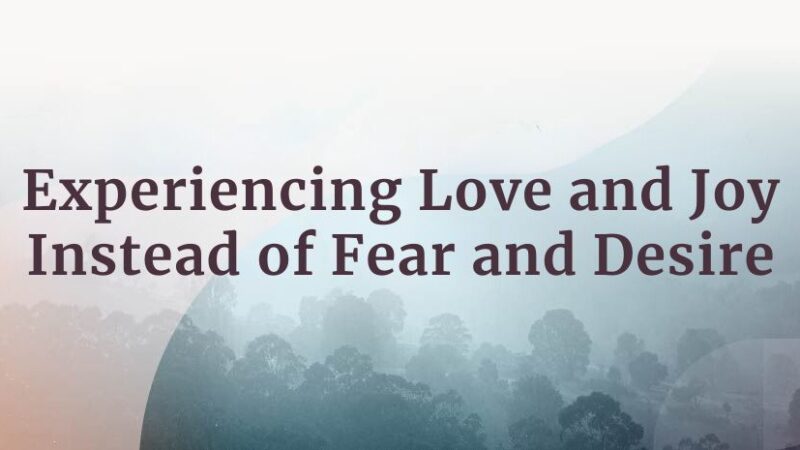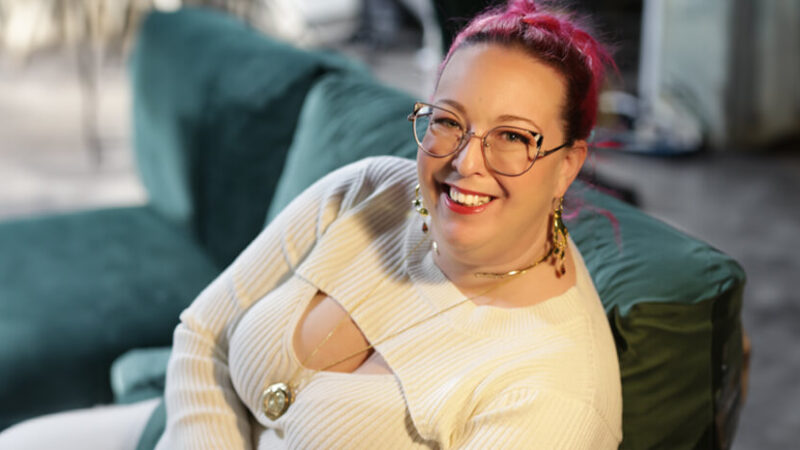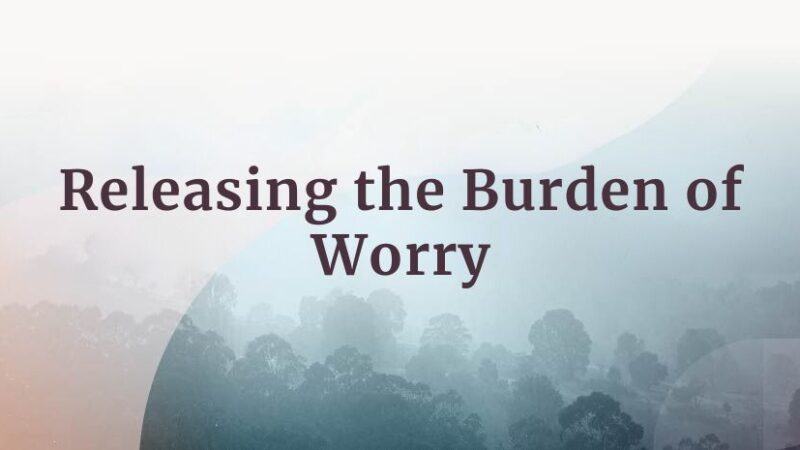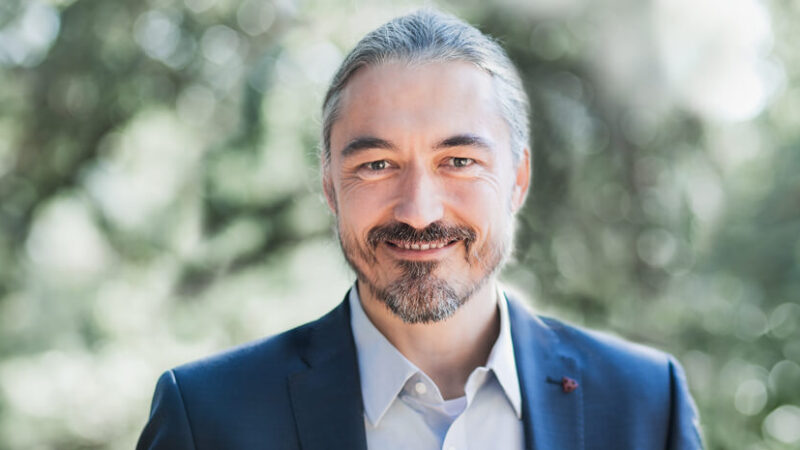Andrea Gibson: Facing Mortality and Being Adored and C...
Great poets expand our view—of ourselves, of each other, and of the entire universe. Andrea Gibson was named Colorado’s 2023–25 Poet Laureate for their celebrated verses on love, LGBTQ issues, spirituality, mental health, social justice, and more. In this podcast, Tami Simon speaks with Andrea about their approach to work and how their journey through cancer radically changed that approach.
Listen now to this poignant conversation featuring Andrea’s reading of their poem, “Acceptance Speech After Setting the World Record in Goosebumps” and exploring spiritual surrender, finding joy in every instant, facing challenges, moving through grief, the life force of the universe within us, self-love and loving the whole world, trying softer (not harder), the power of relaxation, identifying the keys that open your heart, staying with our fear, activism and loosening our attachment to desired outcomes, being yourself fully, the gift of mortality, giving the present moment the cold shoulder, why authenticity is the most important thing when it comes to writing, the pull of creativity, and more.
Note: This episode originally aired on Sounds True One, where these special episodes of Insights at the Edge are available to watch live on video and with exclusive access to Q&As with our guests. Learn more at join.soundstrue.com.






